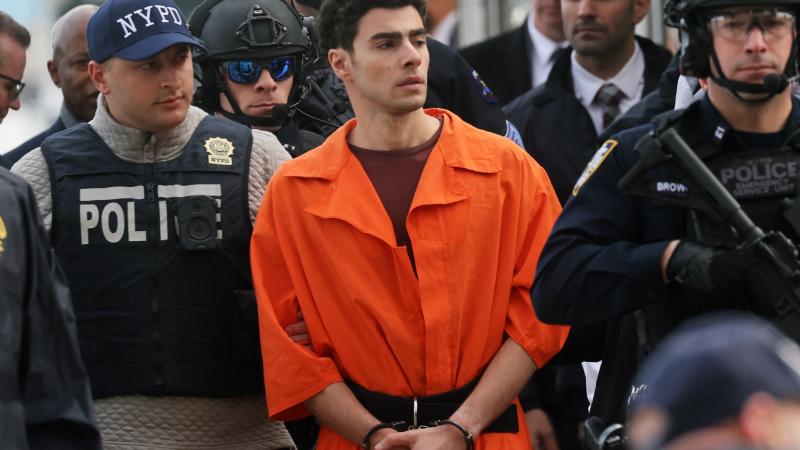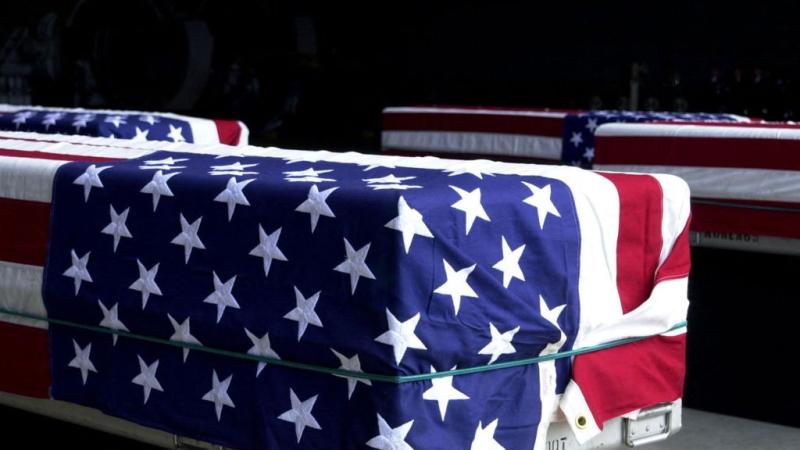Appeals court upholds ruling limiting enforcement of Voting Rights Act, case likely goes to SCOTUS
If the Supreme Court upholds the decision, it would dramatically roll back enforcement of the law that has increased minority political representation.
A federal appeals court ruled Monday that only the Justice Department – not civil rights groups or private citizens – can sue under a section of the Voting Rights Act related to discrimination in elections, including the drawing and redrawing of congressional districts, likely sending the matter to the Supreme Court on appeal.
The 8th Circuit determined that there is no "private right of action" for Section 2 of the 1966 civil rights law, which prohibits racially discriminatory voting practices, according to Politico.
The decision dismissed a case brought by black Arkansas voters whom a lower court said likely had a strong claim that the state’s congressional map was drawn to discriminate against non-white voters, according to Bloomberg Law.com.
Monday's ruling comes in response to plaintiffs who were appealing a decision from Trump appointee U.S. District Judge Lee, who ruled in February 2022 that only the U.S. attorney general could bring Section 2 lawsuits.
If the Supreme Court upholds the decision, it would dramatically roll back enforcement of the law that has increased minority political representation.
For decades, civil rights groups, individuals and political parties have used Section 2 to challenge matters ranging from voter ID restrictions to redistricting.
"For much of the last half-century, courts have assumed that [Section 2] is privately enforceable. A deeper look has revealed that this assumption rests on flimsy footing," 8th Circuit Judge David Stras, a Trump appointee, wrote in Monday's opinion, according to NPR.















